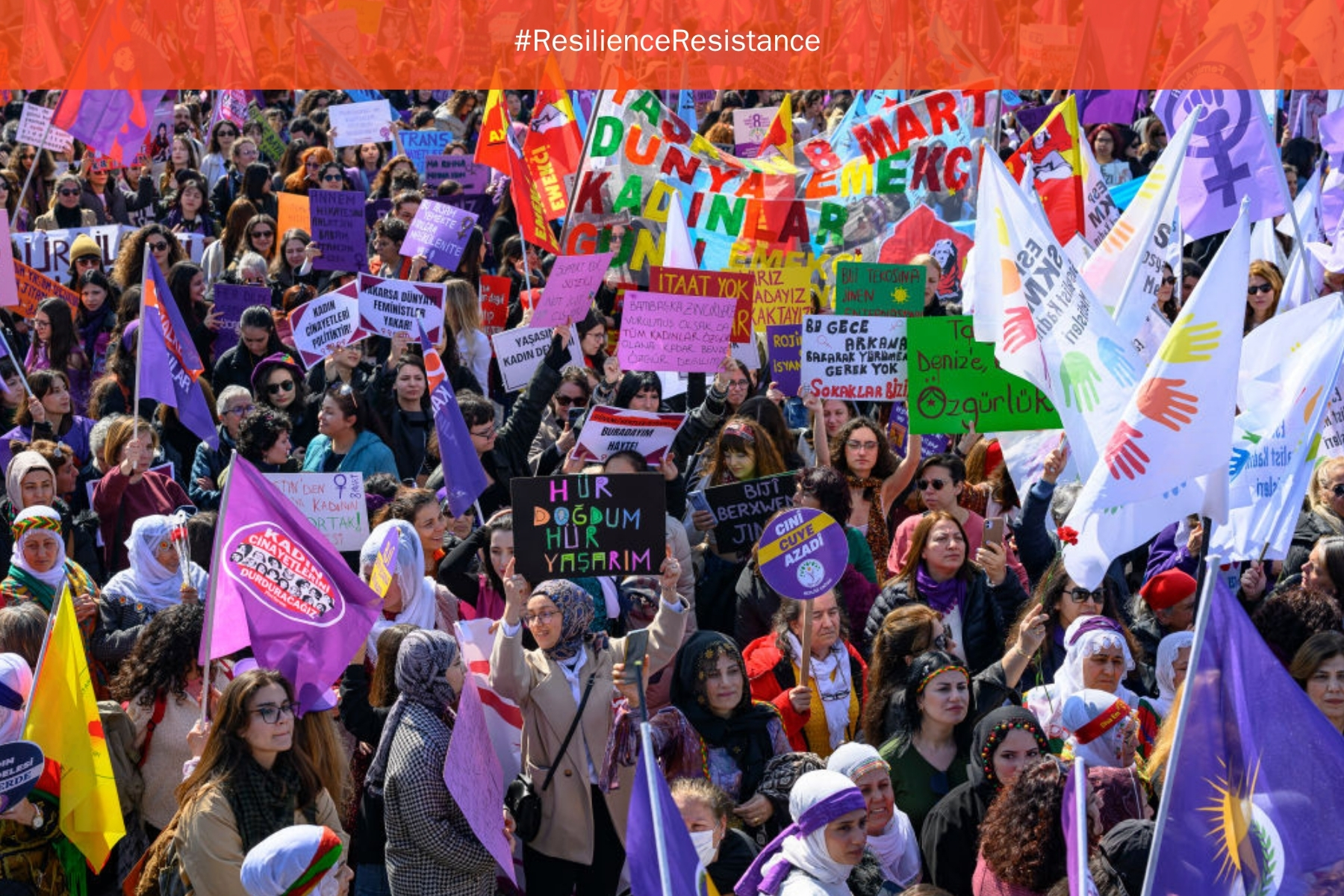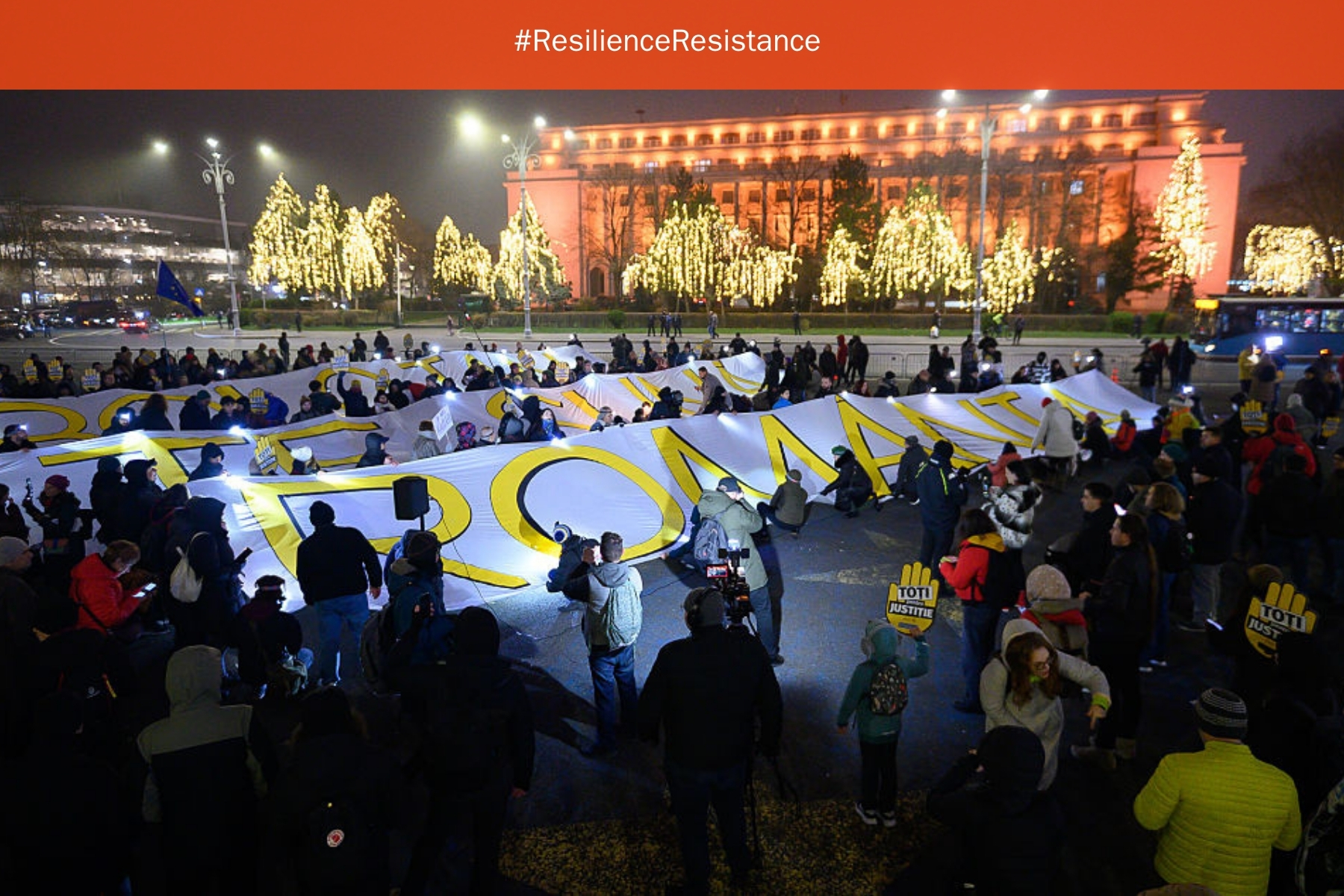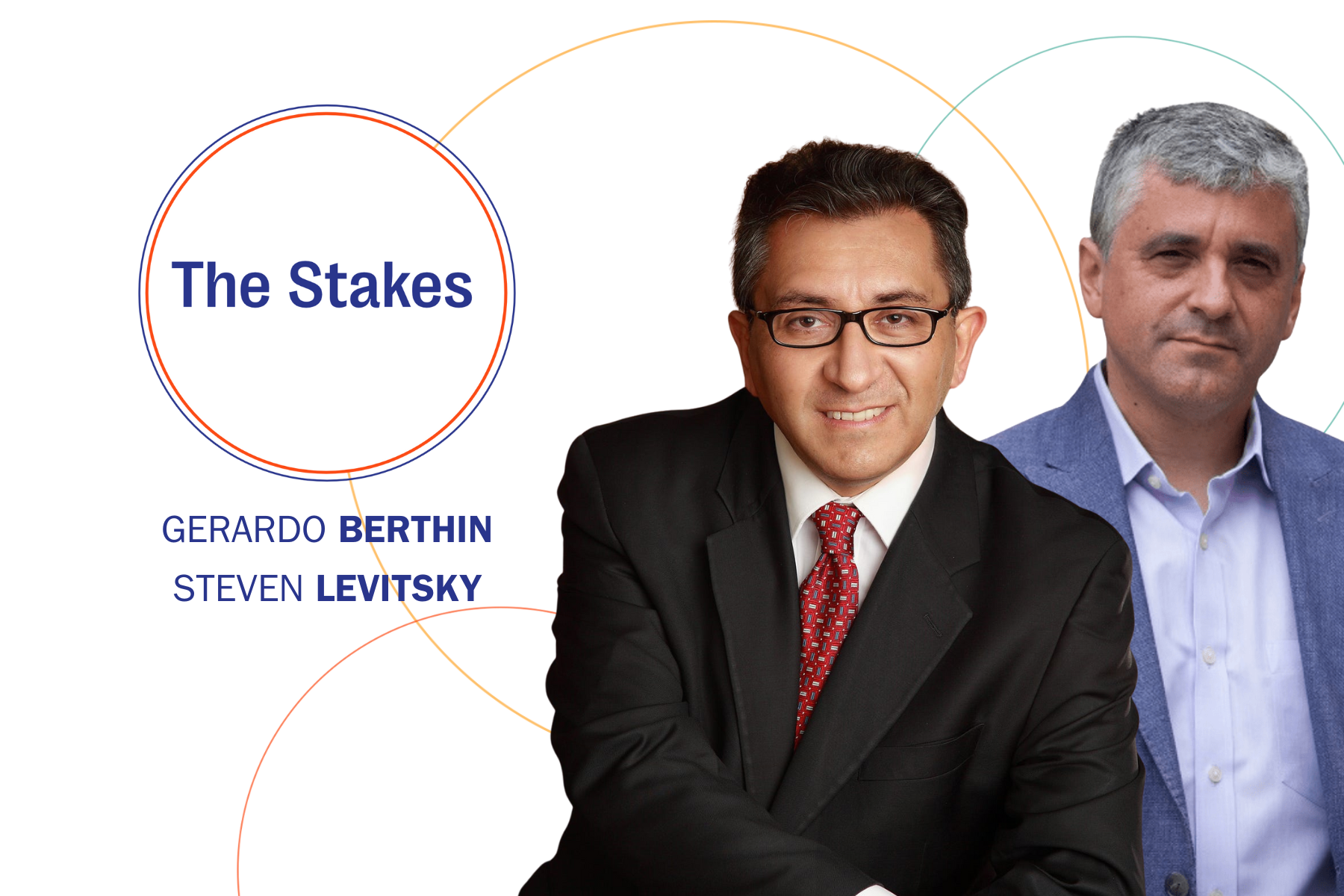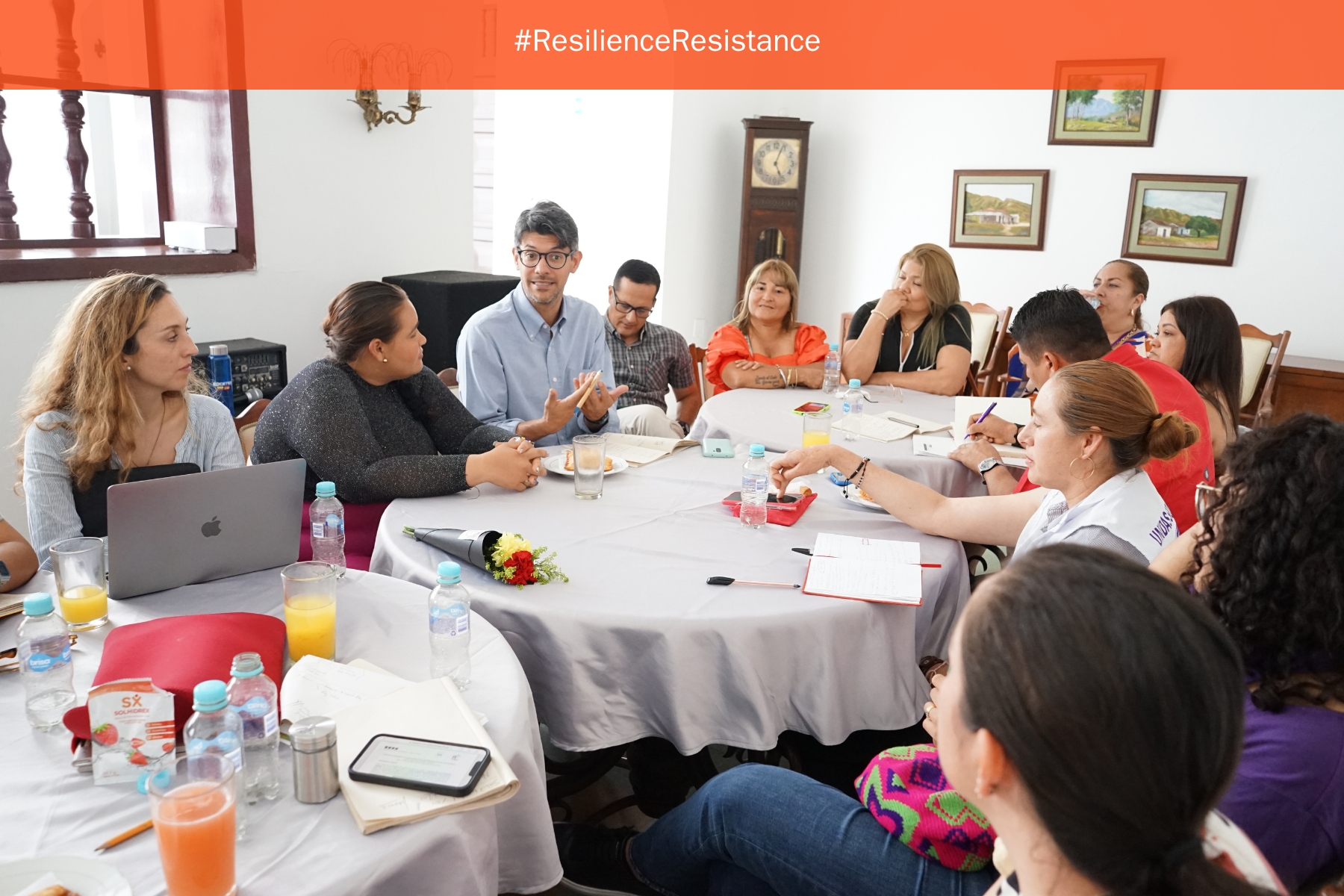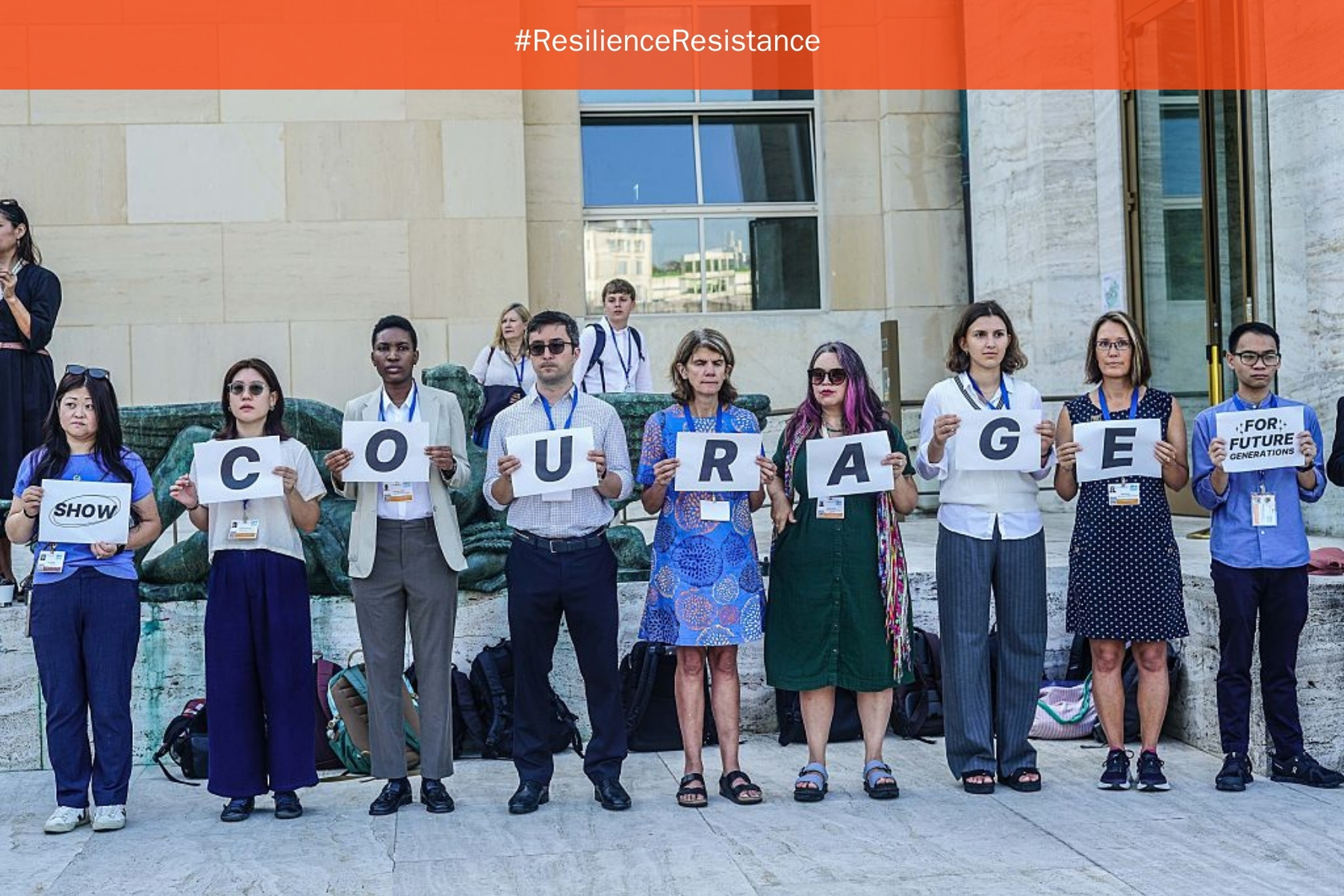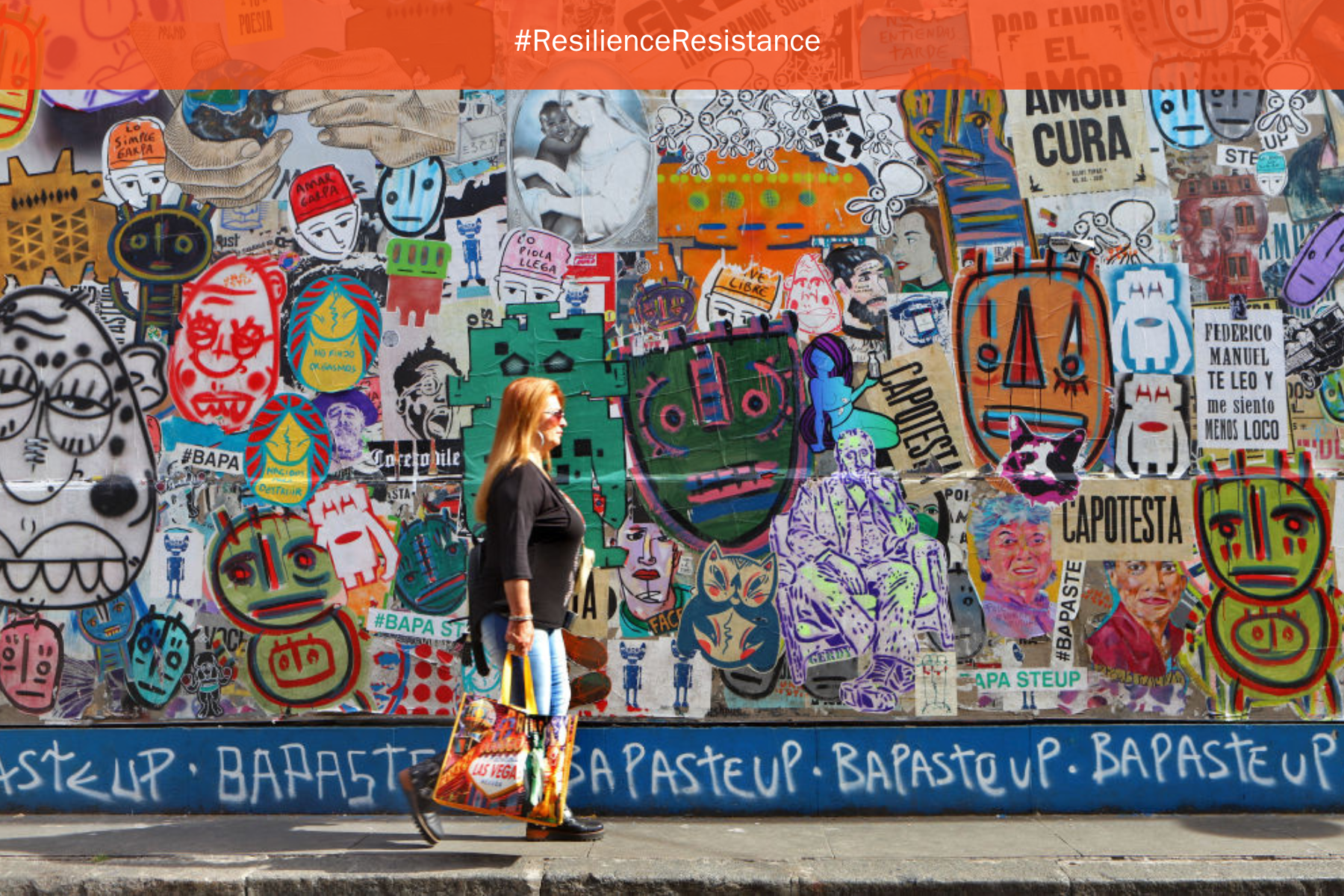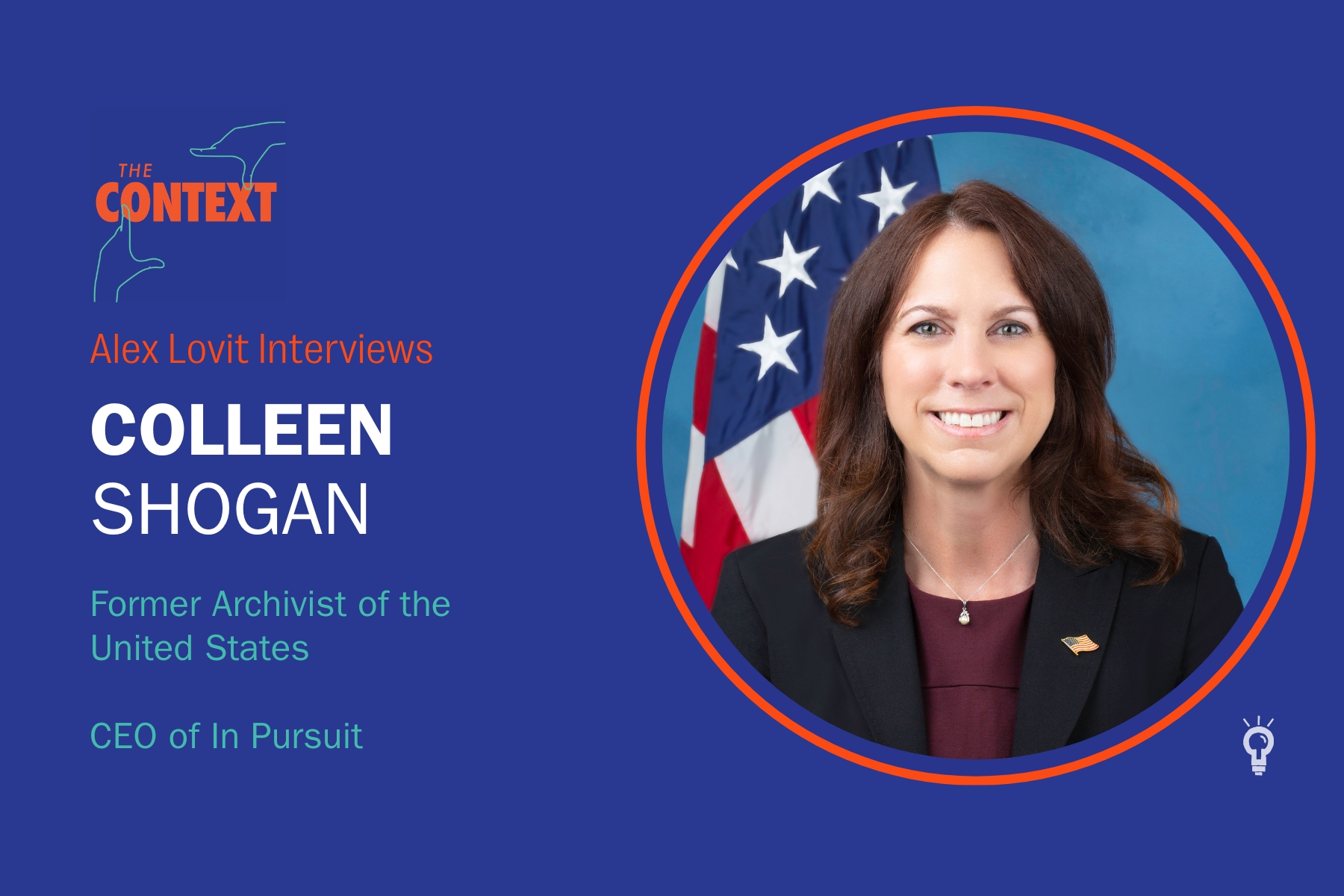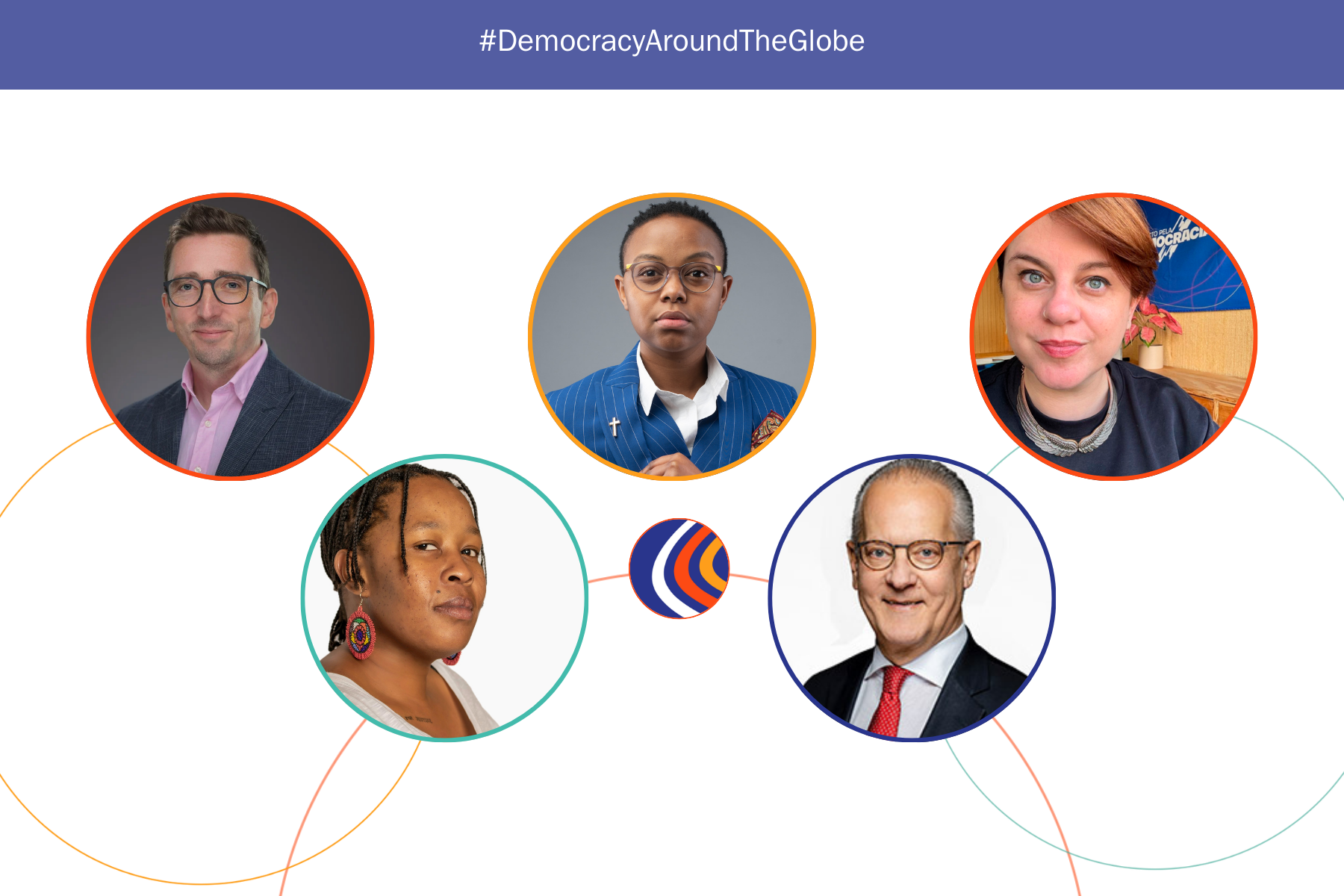The Struggle for Freedom Must Continue . . . Even in the Darkest of Times
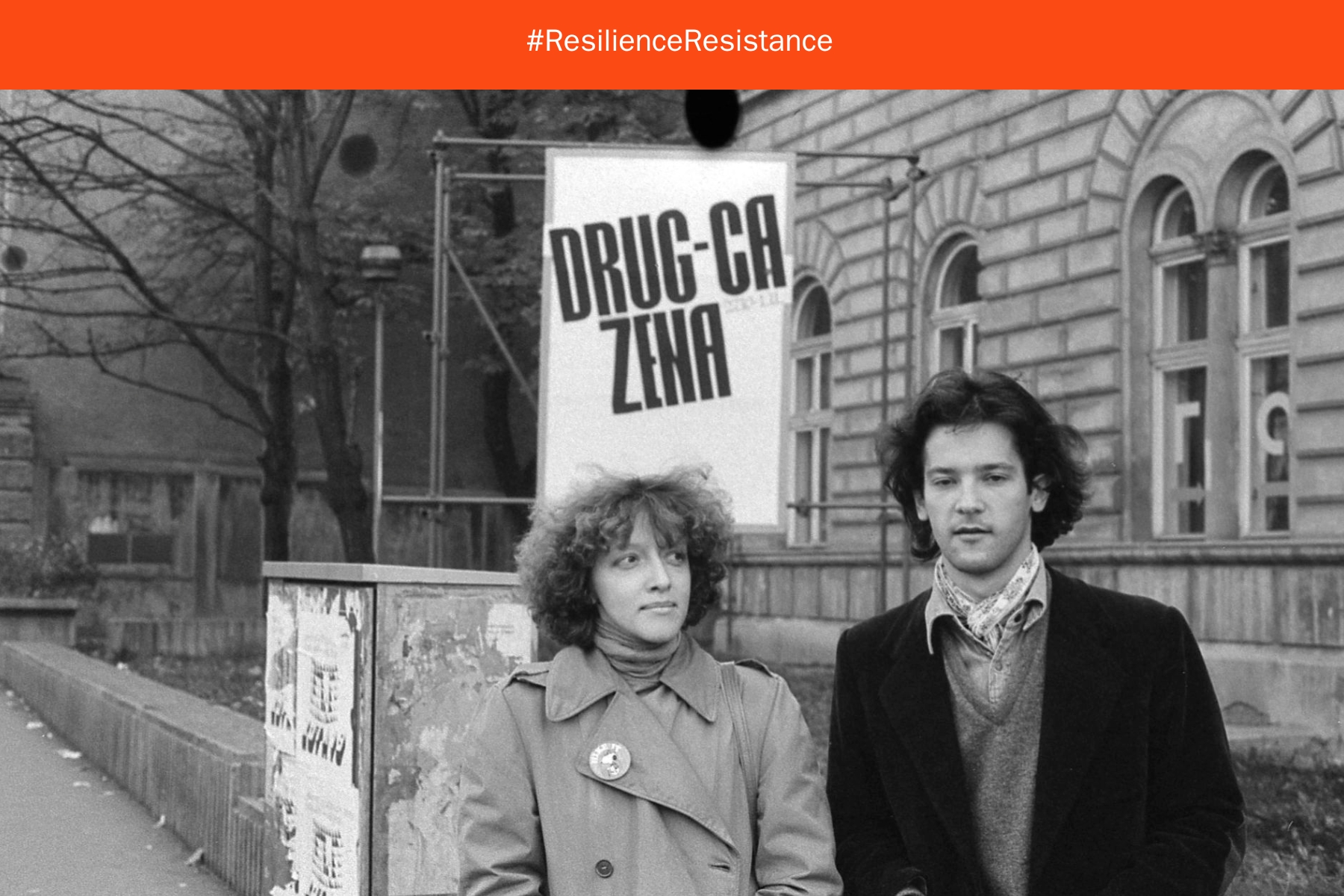
Ivan Vejvoda puts this moment of rising authoritarian influence into historical perspective. He recalls his own experience living under an authoritarian regime in the former Yugoslavia while also reminding us of humanity’s long fight for freedom and the protection of human rights. It is only in knowing history that we avoid repeating it.
"Only for the sake of the hopeless ones have we been given hope."
Walter Benjamin (1892-1940)
"But where the danger is, also grows the saving power."
Friedrich Hölderlin (1770-1843)
History is filled with dark times and with the struggles for freedom against tyranny. When Étienne de La Boétie wrote his “Discourse on Voluntary Servitude” in 1549, he not only explored why people submit to tyranny but also pointed to how they can throw off the shackles of domination.
The struggle for freedom and rights never abates. The right of people to define their own destiny and live in dignity is never given on a silver plate. In post-World War II Western Europe, it was an illusion to believe that the evil of history was forever left behind. Dark times are always lurking and can return in different guises. The rise of authoritarianism in the world today, challenging and destroying the fundaments of a free society and of the rule of law, are a rude reminder of democratic reversal.
The modern democratic revolutions of the 18th century brought forth liberty, equality, and solidarity. “We the people” in France, the US, and the Netherlands rose to conquer the public square, often with the cost of huge sacrifice. These movements created the foundations of modern democracies.
Living under an authoritarian (communist) regime during which the struggle for freedom and rights was arduous and dangerous depending on whether one was behind or in front of the Iron Curtain, we learned to create spaces, oases of civil society. These spaces were arguably small and weak compared to the power of the state, but they kept alive the flame of liberty and the vision of a free and just society. We learned to be resilient; we knew that having hope and pursuing the struggle even in the most difficult times was crucial. We sought to live the truth in a time of lies. Giving up the fight, becoming apathetic, disinterested, or pessimistic were real dangers. When many abandoned the struggle, others joined and took their place.
However small in number, the believers in a better future, however distant it might be, were standing to be counted and held a passionate belief in the possibility of a more just, equitable, and free society.
Once the fall of communism in 1989 opened the path to democracy, we had to relearn how to be free and engage in politics and civic life. Legality, plurality, and publicity (the public life) had to be constructed from scratch. However, the surviving tentacles of the old regime set obstacles and attempted to retain privileges.
Authoritarianism in its many forms brutally seeks obedience and loyalty to the leader and to the monopoly of the ruling party. It hounds those who oppose it. Politics is totally instrumentalized with the good side of politics lost and buried. Once freedom returns, it has to be painstakingly retrieved. Alexis de Tocqueville was right in saying that there is nothing harder than the apprenticeship of freedom. Restoring the belief in the political as the purveyor of liberty is of the essence.
Perseverance, commitment, dedication, and freedom are essential ingredients for democratic success. Also learning from others, including those who went before us, is essential. For example, it is important to study the revolutions in France—1789, 1830, 1848, 1871 (however distant they may seem to us)—because they and other revolutions and battles for freedom are repositories of democratic imagination and democratic inventiveness. Even though they may not have yielded immediate success, they laid the foundation for future freedoms and rights.
When the pressure of injustice, inequality, and lack of freedom become unbearable “We the people” rise. Thomas Paine and many others underscored that the right to resist oppression is a fundamental natural right. In other words, people must have the power to challenge and overthrow tyrannical governments.
We live in times of uncertainty and volatility. The pace of technological change, which creates new possibilities but also threatens the stability of people’s jobs, combines with the polycrisis of politics and economics and unsettles the lives of citizens around the world. For nearly two decades in the Western world, it has been said that children will not live better than their parents. Furthermore, over the last three to four decades, the inequality gap has risen exponentially. The infamous top 1 percent of the world’s population possesses more wealth than 95 percent of humanity. There is something deeply wrong with this. Populists, nationalists, mostly right-wing politicians have risen on a wave of anger, fear, and discontent. They have offered simplistic and illusionary solutions to these rightful grievances. Mistrust in mainstream politics, media, and institutions has exacerbated these societal dynamics.
For some countries in Europe, the far right and authoritarian leaders are, as elsewhere in the world, in ascendance or already in power. The European Union, with its 27 member states, is a successful post-World War II peace project. Created in the 1950s to lay the ground for avoiding future conflagrations, today it is grappling with challenges in a world in which the international rules-based order is wobbling.
Democratic invention and imagination and civic responsibility manifest themselves in local, national, regional, and European-wide democratic movements and initiatives that seek to defend the public common good. Buffeted by the actions of those in authoritarian power, individuals, groups, civic organizations, and political parties are voicing their concerns and organizing to put forward or strengthen guardrails against those who trample the rule of law and the separation of powers.
Nothing is given in advance, nor can anyone be sure of anything apart from the fact that without fighting for rights and freedoms there is no path to liberty. The Hungarian historian István Bibó wrote that to be a democrat meant not to be afraid. The courage to act is what will lead us to what Machiavelli called the vivere libero, vivere civile, “free and civic living.”
Ivan Vejvoda is a fellow at the Austrian Institute for International Affairs. A political scientist from Serbia, he was at the Institute for Human Sciences in Vienna from 2017-2025. Prior to that, Vejvoda was senior vice president of the German Marshall Fund of the United States. In 2025, he was named a CFK Global Fellow.
Resilience & Resistance is a Charles F. Kettering Foundation blog series that features the insights of thought leaders and practitioners who are working to expand and support inclusive democracies around the globe. Direct any queries to globalteam@kettering.org.
Photo courtesy of Srdjan Vejvoda. CFK Global Fellow Ivan Vejvoda is in Belgrade, Yugoslavia, in 1978 for the country’s first conference on feminism. Accompanying him is renowned Yugoslav/Croatian author Slavenka Drakulic.
The views and opinions expressed by contributors to our digital communications are made independent of their affiliation with the Charles F. Kettering Foundation and without the foundation’s warranty of accuracy, authenticity, or completeness. Such statements do not reflect the views and opinions of the foundation which hereby disclaims liability to any party for direct, indirect, implied, punitive, special, incidental, or other consequential damages that may arise in connection with statements made by a contributor during their association with the foundation or independently.
